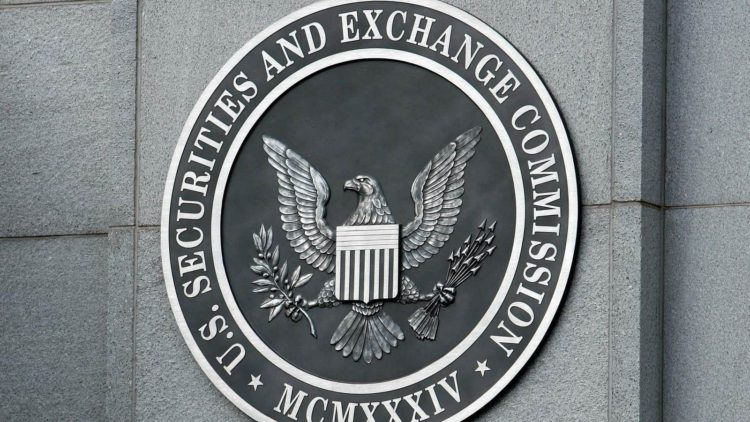With Bitcoin gaining more acceptance globally due to the recent price rally, many global financial institutions are stepping into the crypto game. Apparently, there are some details they are overlooking, according to a draft released by the United States’ financial watchdog.
Division Of Examinations Issues “Risk Alert”
In a Friday publication, the Securities and Exchange Commission’s Division of Examinations made a draft for investment managers and crypto-facing companies on how they will regulate the rapidly emerging digital economy.
The Division of Examinations, which is a staff office with separate responsibilities from the SEC, made a “risk alert” that shows the compliance practices the SEC is happy with.
In the document, the agency formerly known as the Office of Compliance Inspections and Examinations said some broker-dealers were clearly disregarding the anti-money laundering regulations, and some firms were issuing securities without proper registration.
The division said the “risk alert” was released to draw the highlighted industry practitioners’ attention to what it will be looking out for.
The areas the agency said were of concern were portfolio management that properly assesses and manages risk, concise recordkeeping, custodial services for the safeguarding of digital assets, and disclosures to investors.
To the SEC, investment advisors and broker-dealers were being negligent in the listed areas.
Future examinations will see broker-dealers, investment advisors, exchanges, and transfer agents coming under the litmus test for anti-money laundering, the publication reveals. Noting that digital assets’ pseudonymous nature has been thorny to deal with. The regulator also revealed that many firms were not taking steps to know if they were dealing with criminals or other bad actors under the US Treasury’s Specially Designated Nationals list.
In its “National Securities Exchange” section, the document claimed that some firms were operating as securities exchanges without registering to be one. It noted that most of these exchanges traded crypto-assets without prior approval from the agency.
The SEC’s Ambivalence With Exchanges
The SEC has been particularly aggressive towards cryptocurrency exchange for a long time. In a 2018 routing of the exchanges, the agency successfully stifled the growth of initial coin offerings (ICO), which allowed crypto-facing companies to raise millions in investor fees before rolling out digital tokens.
It also ended Telegram’s plan to create a digital token on a new network in 2019. The SEC incessantly haranguing has also seen many payments companies backing out of deals with crypto-focused businesses. Although still in the court, Ripple Labs’ case has seen the digital payment provider lose some of its prominent customers. US payment giant MoneyGram suspended its arrangement with Ripple to use its on-demand liquidity (ODL) tool to facilitate cross-border payments due to the SEC lawsuit.
Although Ripple has said the arrangement with MoneyGram was still in place, the blockchain firm has also seen its XRP tokens delisted from major crypto exchanges following the legal bout with the SEC.
Credit: Source link













































































































































